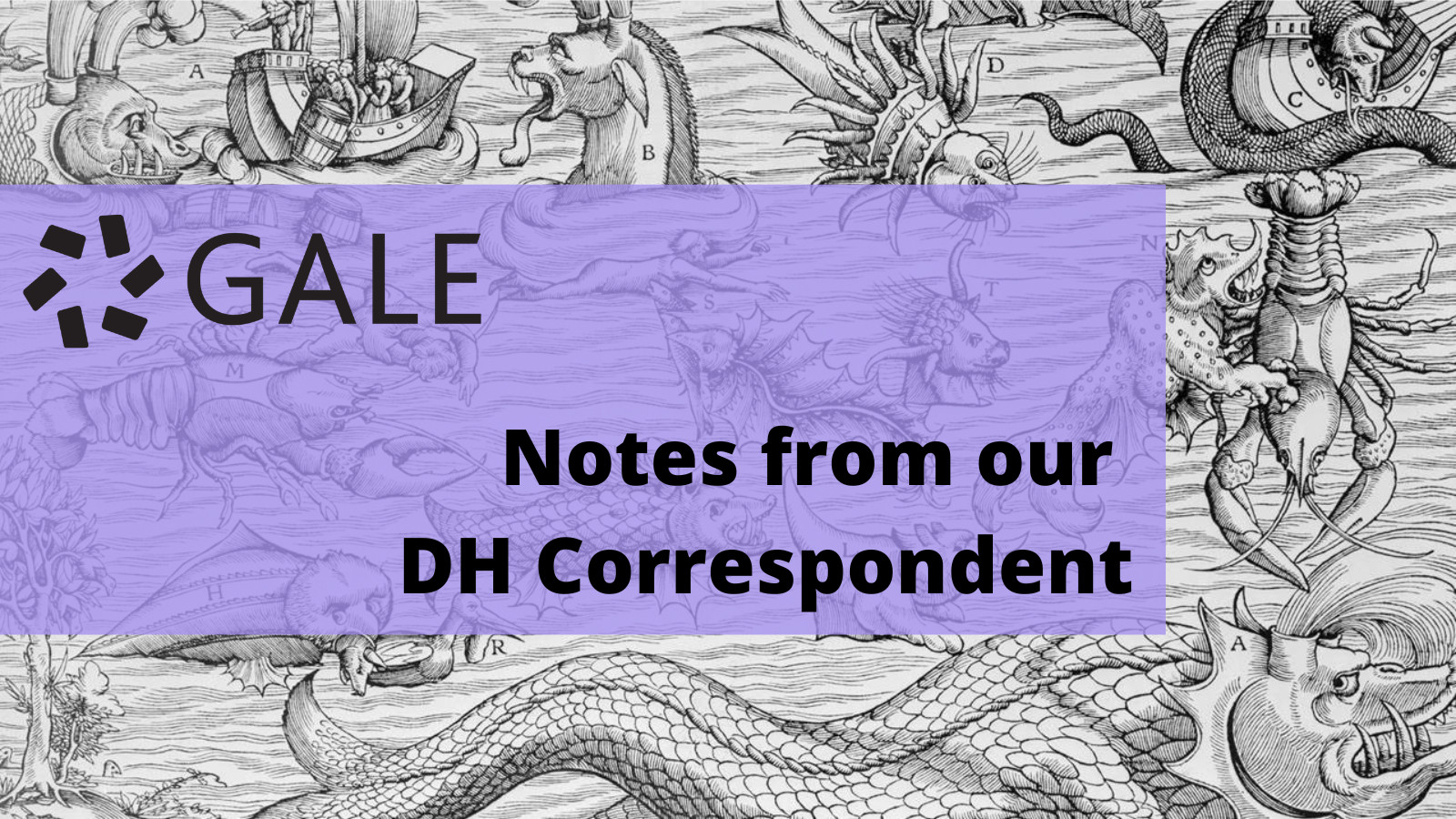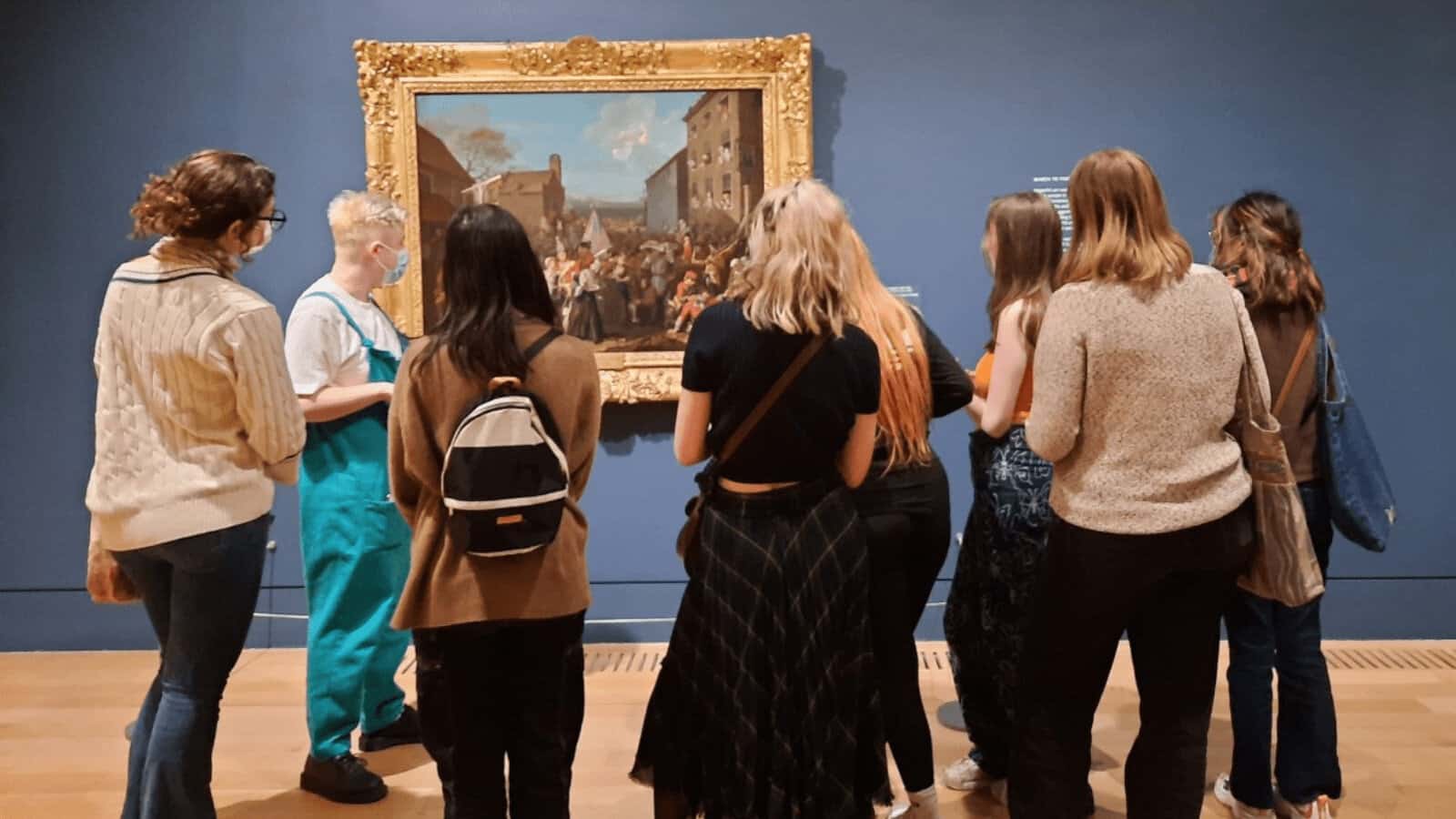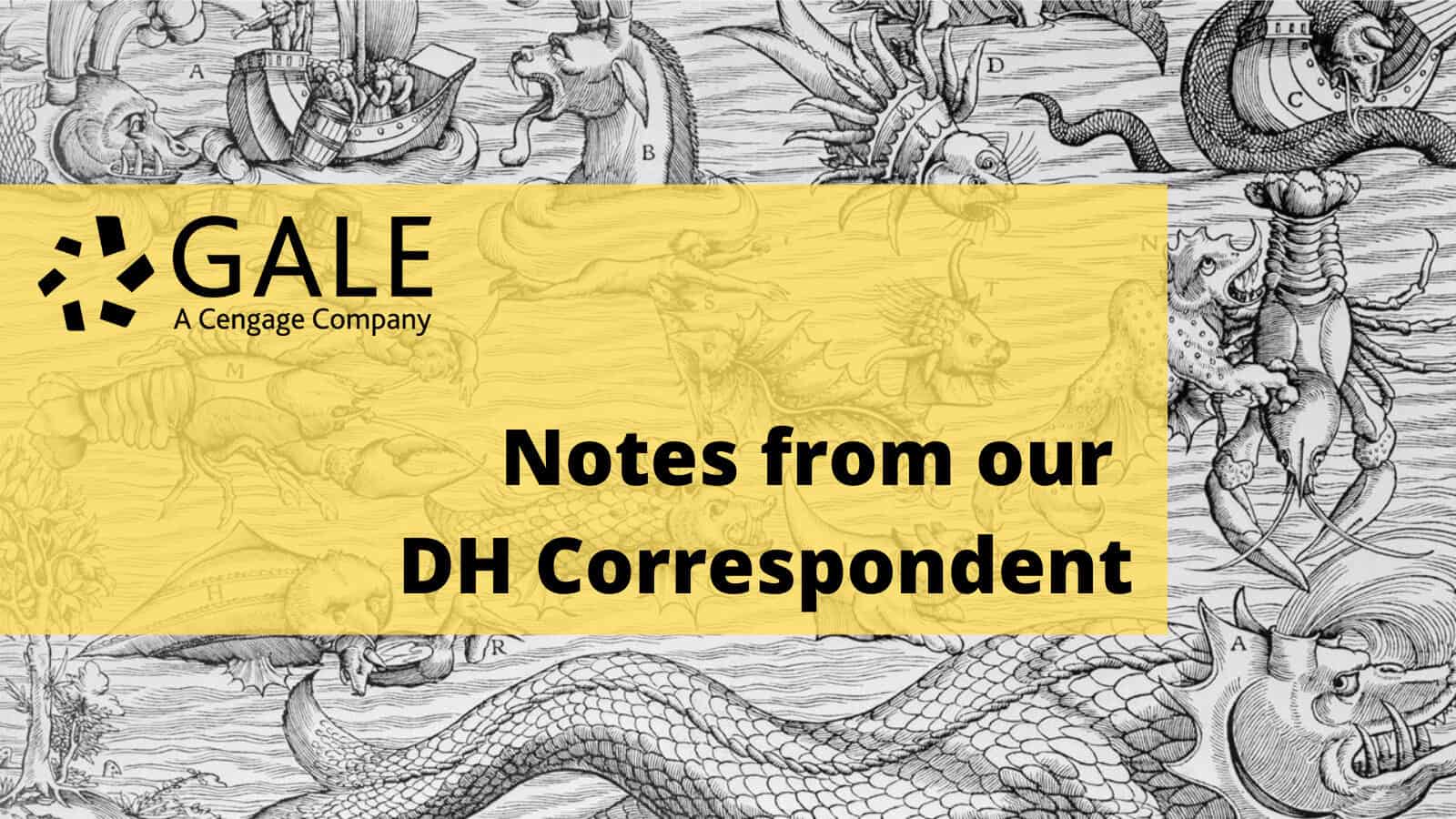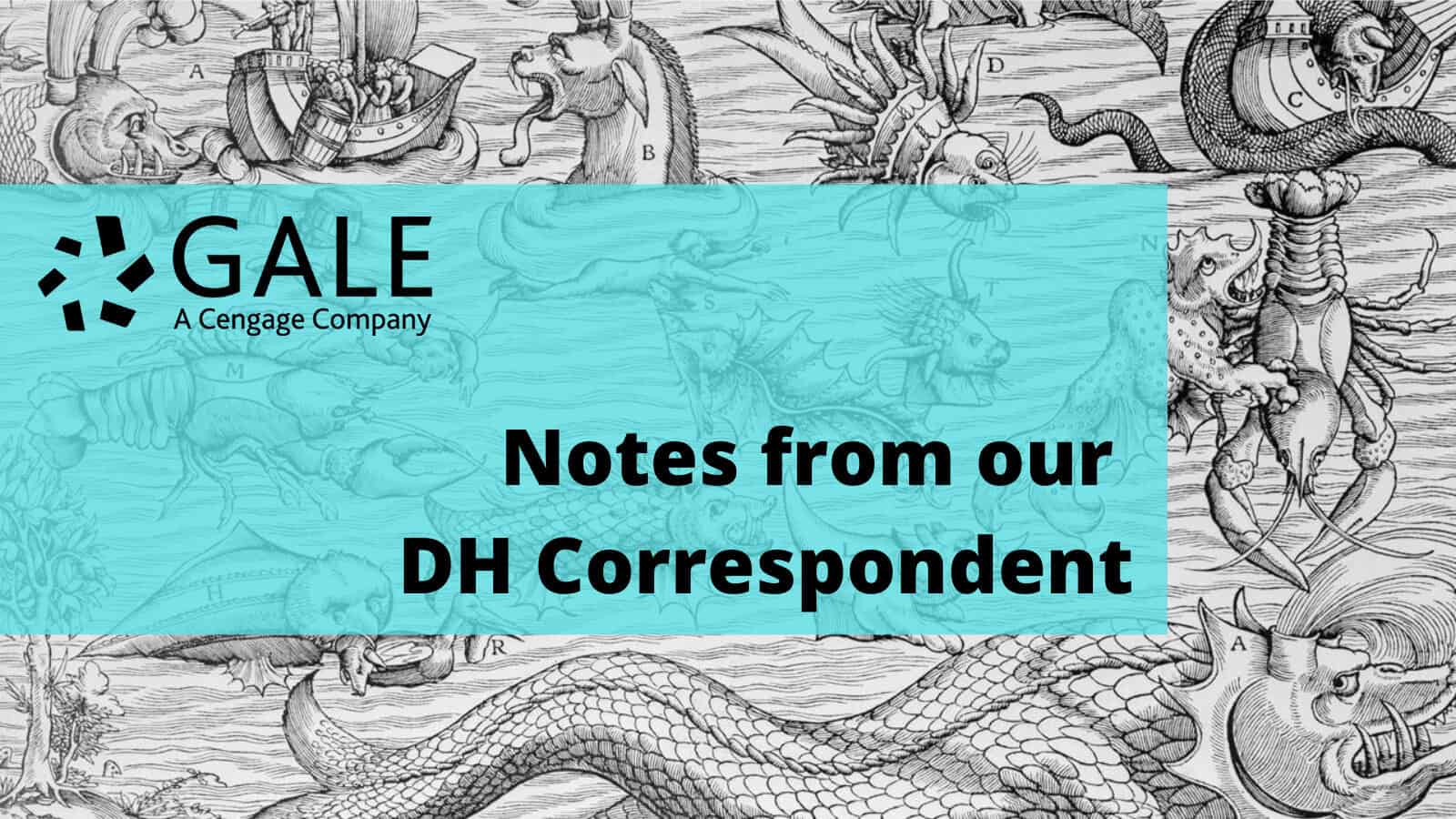│By Sarah L. Ketchley, Senior Digital Humanities Specialist│
Getting to grips with the scope and content of a digital primary source archive held by an institution’s library can be daunting, particularly if the archive consists of thousands of documents in a variety of formats. For an individual researcher, the task of sifting through vast quantities of data in the quest for material that is relevant for a particular research topic is something that can take years to accomplish. This blog post will explore some of the ways a researcher can use Gale Digital Scholar Lab in conjunction with Gale Primary Sources as a platform for exploratory analysis to gain insights into the topics and themes represented in a chosen archive.










